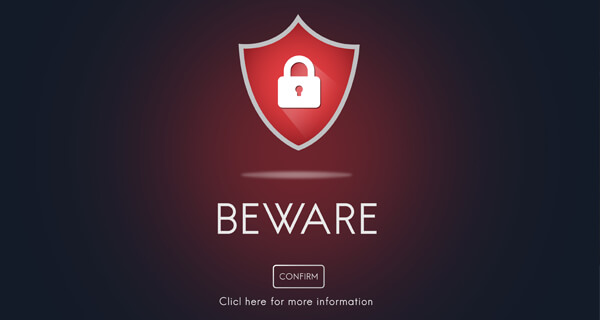
With fraud set to become the most prevalent type of crime in England and Wales, we’re urging you to act now to protect yourself from falling victim to fraud and cyber crime.
The Crime Survey of England and Wales, published tomorrow, is likely to indicate fraud and cyber crime now account for close to half of all crime, making you much more likely to be a victim of these crimes than any other. In July 2016, the crime survey indicated 3.8 million frauds and 2 million cyber crimes occurred in the 12 months to the end of March 2016.
How to protect yourself
- Sign up to our alert-by-email system to get the latest trending frauds across the country. The alerts are also sent to the 250,000 people who have signed-up to the Neighbourhood Alert System.
- Take the Fraud Defence Test. The test, developed by City of London Police and built with funding from the Home Office’s Police Innovation Fund, takes just a couple of minutes and is designed to help you understand how you could become a victim of fraud in relation to your circumstances and knowledge of fraud.
- Take a look at Take Five, a new campaign funded by the banking industry to help you take a moment before acting. Tips include:
- Never disclose security details, such as your PIN or full banking password.
- Don’t assume an email, text or phone call is authentic.
- Don’t be rushed – a genuine organisation won’t mind waiting.
- Listen to your instincts – you know if something doesn’t feel right.
- Stay in control – don’t panic and make a decision you’ll regret.
Commander Chris Greany, the National Police Coordinator for Economic Crime, said: “The Crime Survey of England and Wales shows us that Fraud and Cyber Crime are the largest single crime types today, and the figures only include individuals and not businesses who are also victims.
“Policing is working closely with Government and the private sector to do what we can to arrest offenders, protect victims and provide suitable guidance to help support all people and businesses in preventing fraud.
“There are many ways we can all protect ourselves, websites such as Action Fraud and Take Five provide help and guidance as does our social media streams on Twitter and Facebook.”



